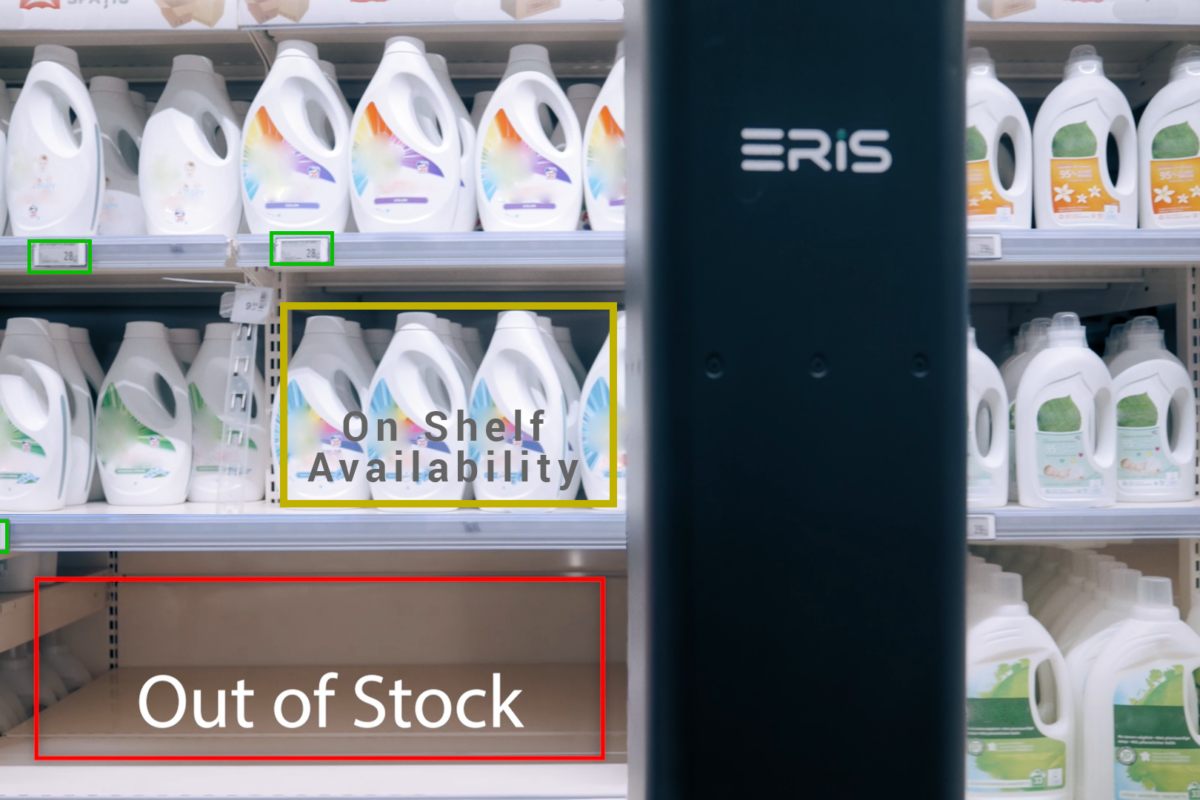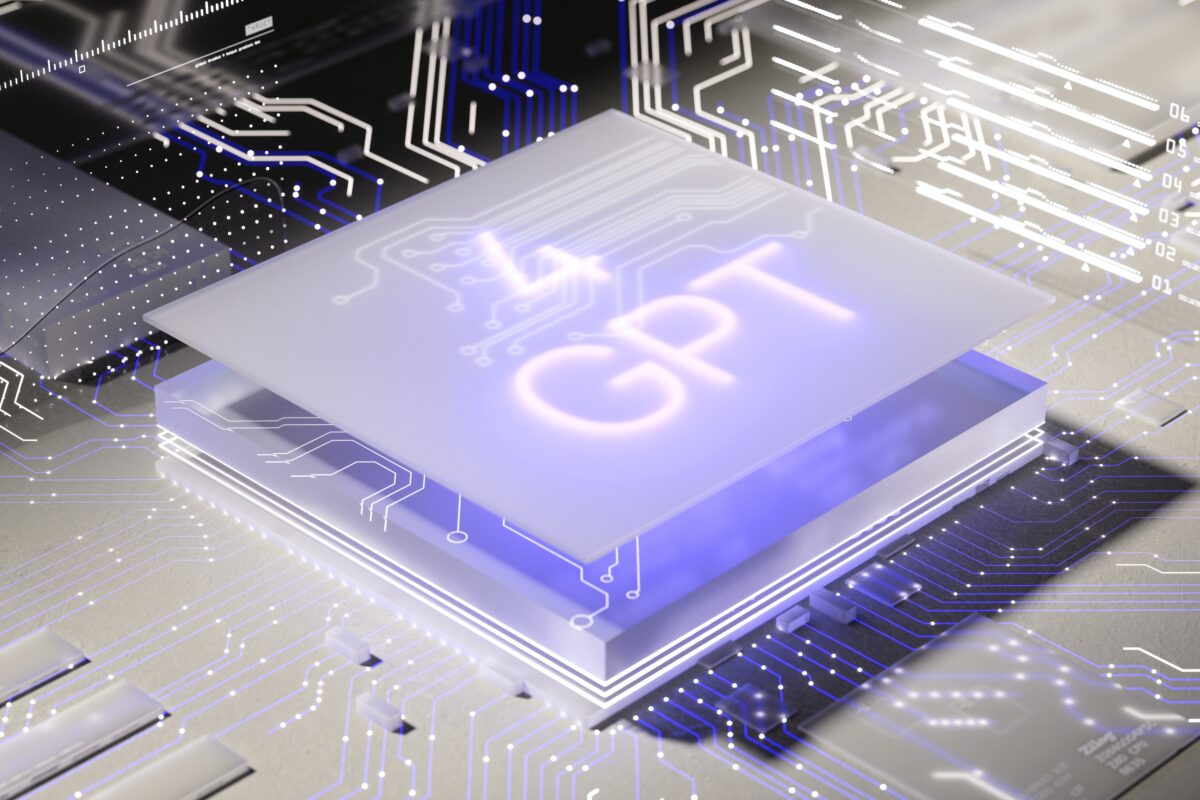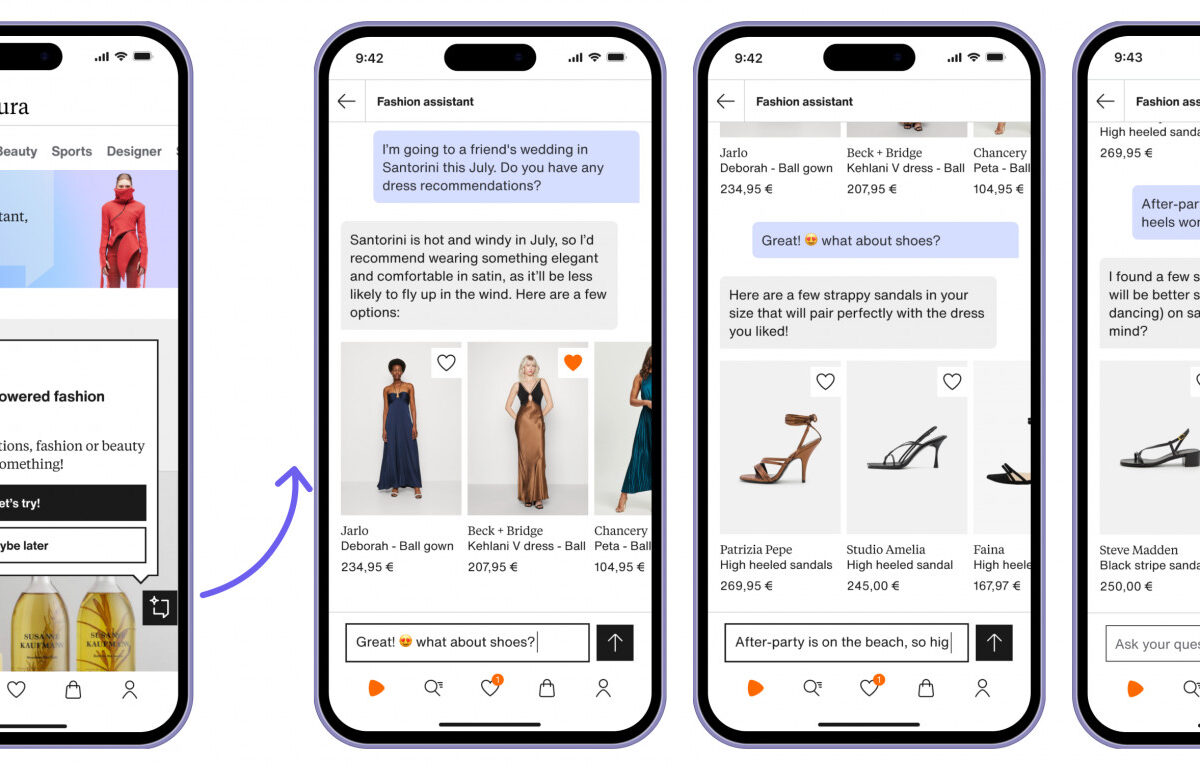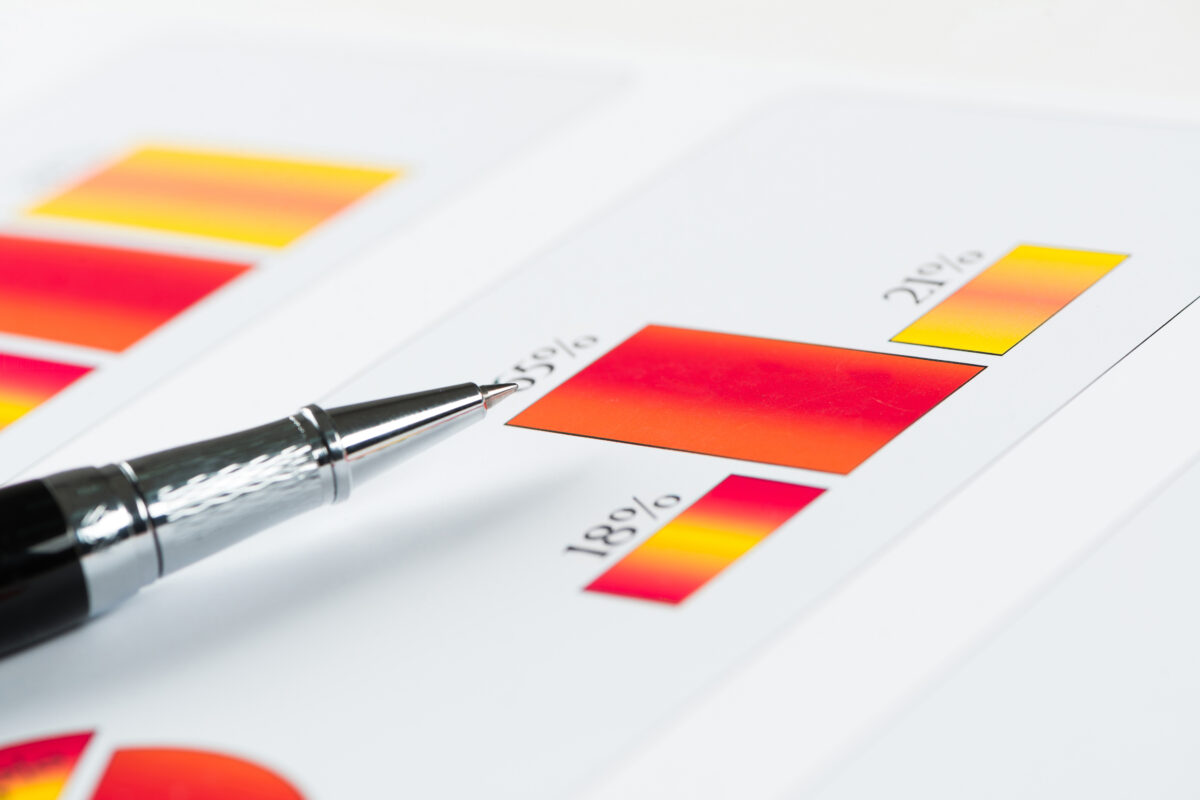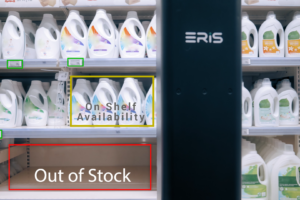Data Analysis in Retail: when will Artificial Intelligence take over?
Learning corporate applications that use Artificial Intelligence (AI) to analyse and interpret huge data volumes better and ever faster are considered a mega trend. They could soon ring in the next level of digitalisation in nearly all sectors of industry. EuroCIS 2019 is a perfect opportunity to take stock of current retail applications.
There is no doubt for Angelika Huber-Straßer: “The next big technology revolution will be determined by Artificial Intelligence,” says the Head of Corporates at KPMG Deutschland. In its current analysis “Re-Thinking Added Value” this consultancy and chartered accounting company jointly with the trend researchers of Trend One arrives at the conclusion that AI and humanoid machines will already change business, working worlds and society fundamentally in the coming 20 years.
The consultants define AI here as a generic term for all technologies that help computers perform tasks that humans require intelligence for. This definition encompasses four central aspects: capturing information and data in a way that is similar to human sensual perception, understanding and processing this data in a meaningful way, action or recommended actions based on the interpretation, and last but not least, the ability to constantly learn from experience and training.
Especially the last point – so-called Machine Learning – opens up all new perspectives, according to KPMG. Even though AI is not a new theme, they say, it only enables the rapid developments in computer software’s ability to learn now thanks to the exponential growth of storage and processing capacities, on the one hand, and improved access to ever bigger data volumes, on the other. Software-based analyses and forecasts will become ever more precise thanks to experience and feedback. In many cases human intervention can be dispensed with or is even counterproductive.
AI Market will Multiply Fivefold
The estimated sales potential for corporate AI applications is correspondingly positive. According to Bitkom estimates, the global market for applications in the areas of Artificial Intelligence, Cognitive Computing and Machine Learning is on the verge of breakthrough. By 2020 the global market volume for the corresponding hardware, software and services is expected to rise to EUR 21.2 billion – this would be over five times as much as today (to the tune of EUR 4.3 billion) according to forecasts by the German digital association.
The IT and business decision-makers expect smart corporate applications to bring benefits both in sales growth and for efficiency and cost savings. AI users hope to see smart software to automate repetitive and routine jobs, gain new currently unavailable strategic insights, automate knowledge work, thereby reducing the workload of skilled workers, bringing down operational costs through more efficient processes and breaking new ground in the interaction with customers. The obstacles to using AI in many companies are still related to insufficient IT infrastructure and a lack of data science expertise.
Retail Software is Getting Smarter
The vendors of standard software are responding to the mega trend, too, and are increasingly integrating AI and Machine Learning into their products as native components. SAP, for example, works on various AI-based forecasting and planning modules.
Artificial Intelligence from the Cloud
Retail companies can also use AI solutions based on IBM’s cognitive Watson software without SAP. To this end Watson Commerce offers various modules for optimising the Omnichannel strategy as an SaaS solution from the Cloud. The learning AI Assistant helps to detect problems with online shopping, provides shoppers with smart product recommendations, supports efficient inventories and order management across all channels or automates custom-fit text and image content management.
Growth Market – Speech and Image Recognition
There are also attractive possible applications for AI in the shape of learning software assistants that can understand human language or recognise images. Prudsys has recently developed a Visual-Search-Chatbot: based on a product portfolio that shoppers send to the webshop, it recommends products within seconds, products that resemble the photographed product. Dietrich Wettschereck, Head of the AI Business Unit at the Bonn-based software house Tarent Solutions, also sees great potential for smart image recognition software, for instance in the check-out area. Using a photo of the shopping cart the software could ensure at the check-out whether the shopper’s receipt matches their trolley content and call an employee in case of mismatches.
EuroCIS 2019 offers a good opportunity to obtain an overview of the AI and Machine Learning of relevance to retail in Halls 9 and 10 of the Düsseldorf Exhibition Centre.







